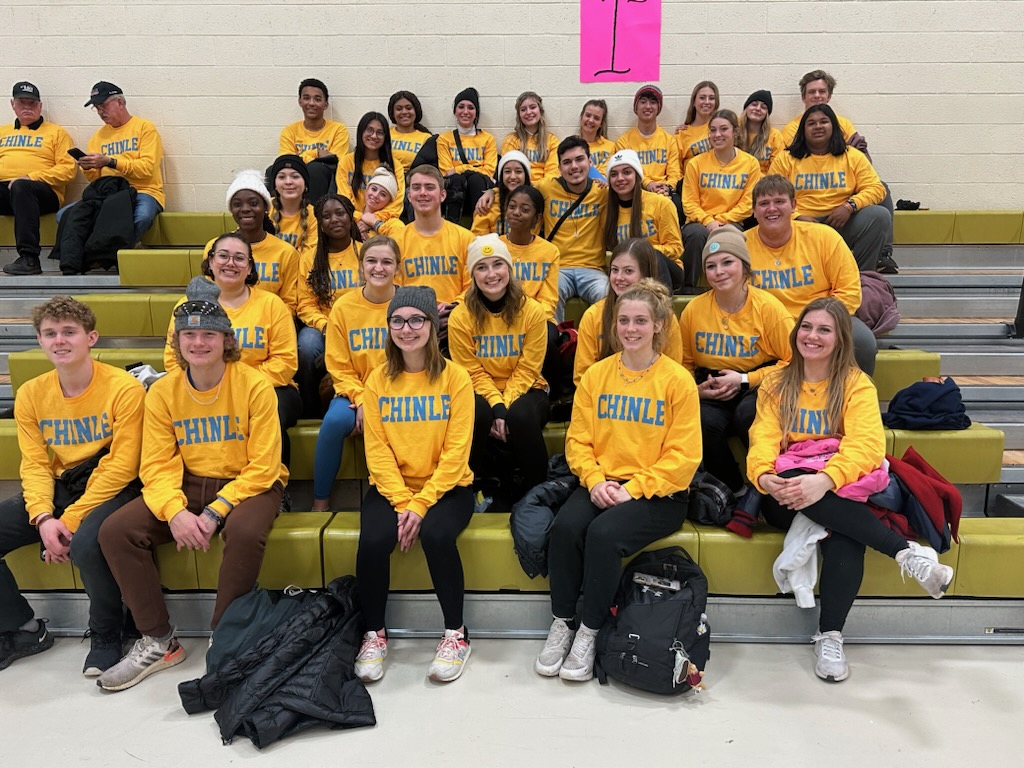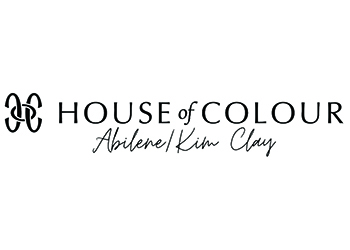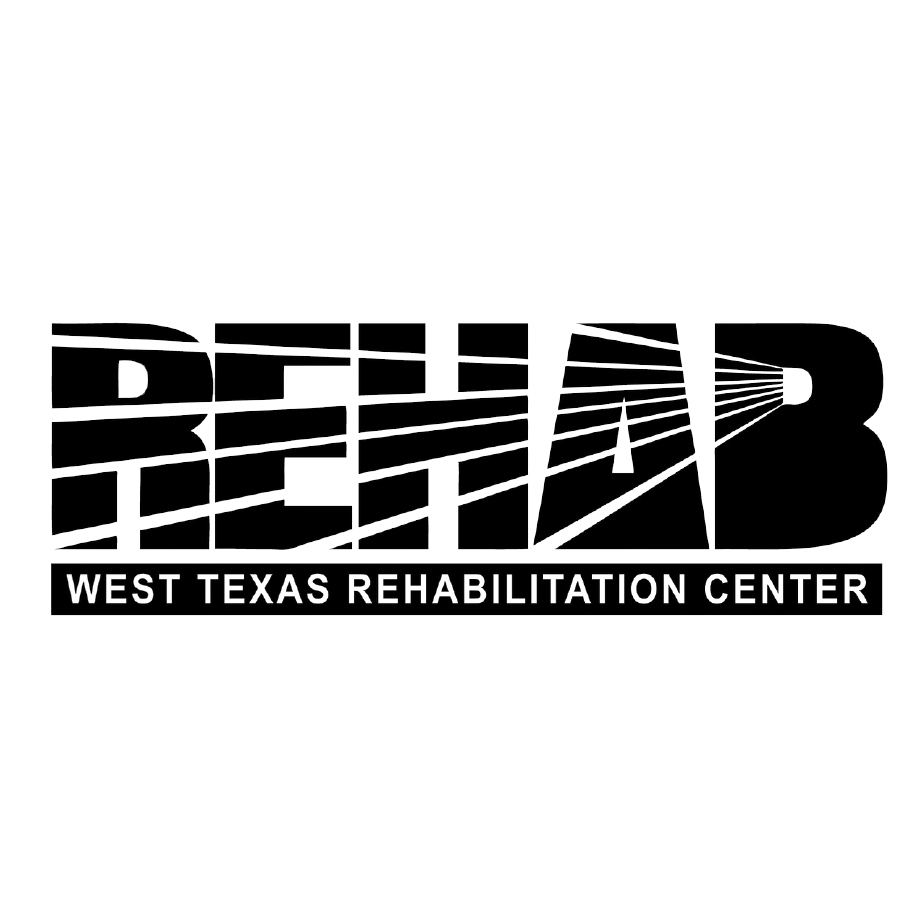Few things come along in a child’s life that can truly be life-changing and can shape a young mind and heart enough to impact their worldview.
But for Jimmy Pogue’s Cooper High School Student Council members, almost an entire generation of students have experienced just that.
 While many high school students spend their Spring Break sleeping late or vacationing with friends and family, Mr. Pogue’s students have – for the past 20 years – loaded on busses and made the nearly 12-hour journey to Chinle, Arizona, a small community within the Navajo Nation, which is the largest federally recognized Native American tribe in the United States.
While many high school students spend their Spring Break sleeping late or vacationing with friends and family, Mr. Pogue’s students have – for the past 20 years – loaded on busses and made the nearly 12-hour journey to Chinle, Arizona, a small community within the Navajo Nation, which is the largest federally recognized Native American tribe in the United States.
The idea for the trip was a natural evolution born from Jimmy’s desire to help young people realize their potential in the area of service.
“In 1994, then principal Jeri Pfeifer asked if I would attend a conference in Orlando, Florida, where a new concept called ‘service learning’ was being discussed,” he said. “She wanted me to check it out and see if it might be something we’d like to do at Cooper.”
It was there that the new Student Council sponsor said his “eyes were opened to the concept of helping young people include service in their lives while at the same time building a curriculum around it.”
Putting the idea of “service learning” into practice, Mr. Pogue and his students became involved with and sponsored a child through World Vision International, an interdenominational service organization that works with children and families living in poverty.
 “I always had a desire to do something big with young people,” said Jimmy, who added that after he graduated from Hardin-Simmons University, he realized that God had also put it on his heart to reach out cross-culturally.
“I always had a desire to do something big with young people,” said Jimmy, who added that after he graduated from Hardin-Simmons University, he realized that God had also put it on his heart to reach out cross-culturally.
With this in the back of his mind, Jimmy said it was Thanksgiving 2001 when he realized that what he had wanted to do since he was about 17-years-old needed to become a reality.
“I have a cousin who worked with the deaf and blind in the Navajo schools, and she was talking about the devastating wildfires the area had experienced and their impact on a place that was already extremely poverty-stricken,” he said.
“At that moment everything aligned, and I knew what I wanted to do,” said Jimmy, who approached then AISD Superintendent Michael Moehler about taking a group of students to the Navajo Nation. Jimmy added that not only did Dr. Moehler “love the idea, he also wanted every child to go for free.”
So, through grants and donations by individuals and businesses that believe in the power of young people, in January 2003, Mr. Pogue and his group of 27 students and 10 sponsors headed west to Chinle.
 “We started taking items to Chinle in a bobtail truck and that evolved into needing an 18-wheeler. We carry around 48,000 pounds of animal feed and food and try to make the food sustainable for a family of four for two weeks,” said Jimmy, who added that last year they provided three weeks’ worth of food for 490 families, as well as feed for horses, sheep and chickens.
“We started taking items to Chinle in a bobtail truck and that evolved into needing an 18-wheeler. We carry around 48,000 pounds of animal feed and food and try to make the food sustainable for a family of four for two weeks,” said Jimmy, who added that last year they provided three weeks’ worth of food for 490 families, as well as feed for horses, sheep and chickens.
While the trip has grown, in terms of the number of students, sponsors and items brought to share with the Chinle residents, it has also grown in less tangible ways, such as in relationships forged and lifelong friendships made.
“The people who have gone on these trips, the sponsors, as well as the residents of Chinle themselves, have become like family,” he said. “We’ve known so many of these people throughout the years and have celebrated, grieved, laughed and cried with them.”
However, as in many new ventures and relationships, there is sometimes a sense of awkwardness and doubt, especially at first.
“The first year we were staying at the town’s community center and a lady walked up to us at the end and asked if we were coming back next year,” said Jimmy, who replied that they “honestly didn’t know.”
Jimmy said he and his students were experiencing doubts about the success of the trip but agreed to come back the next year at the request of the town’s elementary school principal. That, he said, was “when things blossomed.”

“What we realized was that we had approached the first trip as tourists, but when we got into the elementary school we became family – part of the Navajo family – which was something special. We all have come to realize through these relationships that we are more alike than different, and we all value our humanity and our human experience.”
Cooper High graduate and Family Practice physician and hospitalist, Dr. Will Brown, agrees that the trips are a reminder of everyone’s shared humanity and added that it was Jimmy’s commitment to service that had a major impact on his life and career choice.
Dr. Brown, who works with the Indian Health Service in Phoenix, said Jimmy always encouraged his students to “see the disadvantaged as people and not as charity cases,” and added that while he had graduated before the first Chinle trip, it was “a natural progression of what Jimmy had already done.”
“From the 30-Hour Famine we did through World Vision International, to our volunteer work with Love & Care Ministries, Jimmy was always showing kids how to look outside themselves and seek out those who are overlooked, whether it is the kid sitting by himself at lunch or a group of people like the Navajo.”
Describing the Navajo people as the “nicest, kindest people,” Dr. Brown said they are sadly overlooked and he “can’t think of a better group of people to help.”
“In Student Council, Jimmy always told us to ‘keep an eye out for those who aren’t seen’ and the Native American people are some of the most unseen,” he said, adding that “Jimmy Pogue definitely gets you out of your comfort zone – and that’s a good thing.”
 Current Cooper Principal Lyndsey Williamson, who has been to Chinle several times, agrees that the trips serve as a reminder of “how much kids are capable of,” and how willing they are to step outside of what is familiar.
Current Cooper Principal Lyndsey Williamson, who has been to Chinle several times, agrees that the trips serve as a reminder of “how much kids are capable of,” and how willing they are to step outside of what is familiar.
“Some of my favorite things about these trips is having the opportunity to see students in different environments and serving others so selflessly,” she said.
“There are some kids in the group who are dealing with tough situations in their own lives, so to see them on these trips feeding people, mentoring children in the elementary school and running food giveaways, is really impressive – and this commitment to service is not limited to Spring Break and Chinle.”

“In 2021, we didn’t get to go to Chinle because of Covid restrictions, so the kids immediately began to weigh their options and ask ‘what can we do instead,’” said Lyndsey who added that “instead of doing nothing, they turned their disappointment into something positive and created Table20, which is a full-blown project that includes food donation, storage and delivery to underserved families associated with the Cooper High School community.”
It is this “world view to make an impact,” that Dr. Brown describes as Jimmy’s gift to his students and one that is informing Jimmy’s own daughter’s future career path.
A Christian Ministry major at Houston Christian University, Katie began going to Chinle with her father when she was about nine-years-old.
“My dad took a church group from Pioneer Drive Baptist and it was surreal to see first-hand what I had grown up hearing about,” she said.
Katie, who served as Student Council President her senior year, said what struck her about the Navajo is that they “live more beautifully and value things differently than those who have more material possessions.”
By Molly Hill
Photos Courtesy or Jimmy Pogue and Lynsey Williamson


























Wonderful reminder for all of us…we too can make a difference like Jimmy, if we will only look around and recognize the needs of others…and then do something about it!